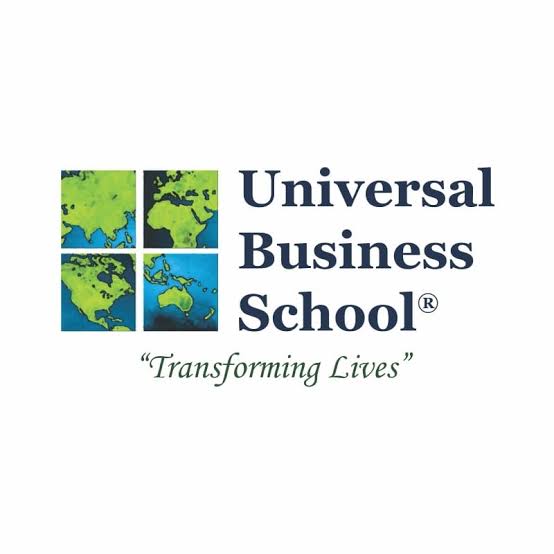
Mumbai: Universal Business School has devised a curriculum which has practical experiential learning embedded in every course, informed Prof Tarundeep Singh Anand, Founder of Universal Business School, India’s first green B-school located in Karjat near Mumbai.Taking a cue from Prof. (Dr.) T. G. Sitharam, All India Council for Technical Education (AICTE) Chairman’s emphasis on acknowledging the practical learning as a key to progress and focusing on STEM courses to allow Indian students to succeed on a global level in higher education.
UBS also welcomed Prof. (Dr.) Sitharam’s guidance on lower credits. Said Prof Singh, “This will certainly free up time for students to take on more industry specific initiatives, which give practical training to our students and allow for the increase in the duration of the internship period. For the B. Tech programs, it would be great to have one year internship as is proposed by Prof. (Dr.) Sitharam.”
UBS has outlined a framework where each faculty and Head of the Department (HoD) has to ensure that up to 50% of each course is practical and experiential in nature. Besides, the Institute has included innovative courses like CMAPS, CAP and SMART which are 100% experiential, as experiential learning is at the heart of learning in the UBS andragogy, informed Prof Tarundeep Singh Anand, Founder of Universal Business School.
Prof Anand added, “CMAPS (Collaborative Multi-disciplinary Approach towards Problem Solving) module in the MBA program is being offered to students in the first year of the PGDM course and it will support students to get business knowledge from the field experts, with a practical exposure to problem-solving, analytics and technical abilities. The module has been crafted to prepare the students to experience first-hand the complex business issues faced by corporations, not-for-profits and start-ups. The projects will be identified by our Corporate Relations team and the problem statements are whetted by the Skill development team to ensure that our students develop critical thinking, problem solving and teamwork skills which are critical for industry. Students have the opportunity to undergo two CMAPS projects in the first year.”
The CAP (Consulting Aptitude project) in the second year ensures that the students are getting paid to solve real problems for industry. It allows them to immerse themselves in the respective companies and use all the knowledge and skills they have acquired in the MBA program.
The SMART (Societal causes Management and Responsibility Training) project in partnership with NGO’s allows students to adopt the nearby villages and implement the green thinking and environment friendly ideas, livelihood enhancing ideas, best practices in health and providing education guidance to villagers in remote Adivasi (tribal) villages of Karjat.








